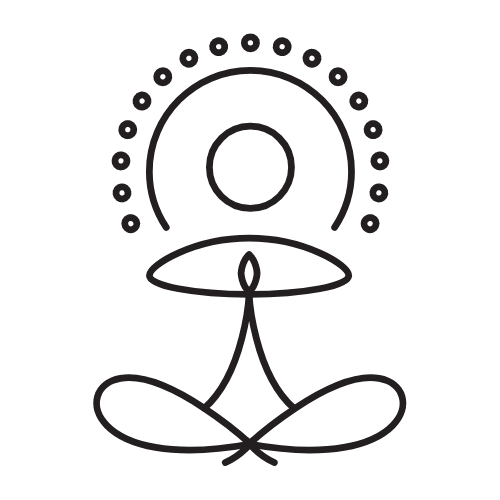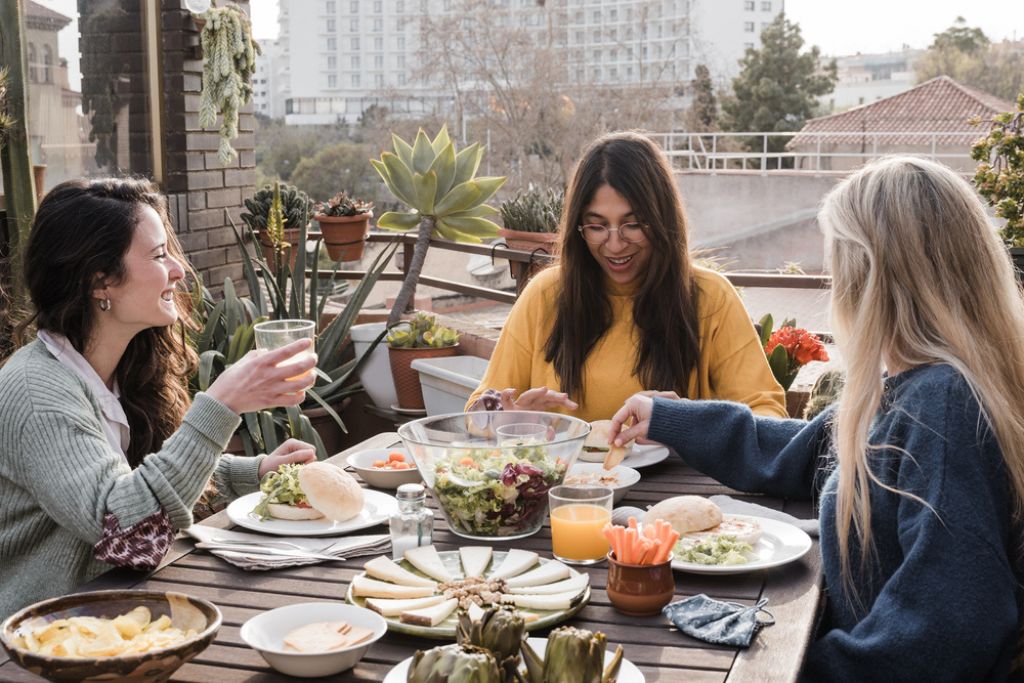When it comes to setting yourself a goal to drink less, the New Year, Dry July and Sober October are all popular times to shake things up, but if you’re wanting to make positive changes for your health and wellbeing, any time is a good time to get started.
You don’t need to be a big drinker or have a problematic relationship with alcohol to make the decision to drink less either – there are plenty of reasons why people choose to avoid alcohol or reduce their intake.
Whether you’re sober-curious, trying something new for a month, or changing your habits for good, you should feel empowered and supported to do what feels best for you.
Benefits of not drinking alcohol
According to the Alcohol and Drug Foundation, drinking less can lead to better, deeper sleep as alcohol disrupts your sleeping patterns – even more so if you have a late night! With better sleep comes improved energy, workout recovery, concentration, productivity, mood and mental performance.
Drinking less can also help to improve your overall health by reducing your cholesterol, digestive issues, risk of diseases such as cancer, liver disease, heart attack and stroke, stabilising blood sugar and improving immunity and brain function. Alcohol is also a diuretic, meaning it removes fluid from your body and can lead to dehydration, fatigue, headaches and a lack of focus.
Because of the ways alcohol can affect your brain and body, drinking less might even mean you feel more in control of your thoughts and behaviour. Waking up without a hangover and having improved overall mental health are all pretty big health wins.
Reducing your alcohol intake can also be great for your wallet! It’s not just the money you’ll save on alcohol itself (have you seen the price of a cocktail these days?!), but also any taxi rides, late-night snacks or other impulse spending.
Reasons to not drink alcohol are personal to you
Some people might choose to change their relationship with alcohol to feel better mentally and physically, while others do it to support a loved one who is going sober, improve their relationships or to support their broader health and fitness goals. The UK organisation Drink Aware highlights that alcohol has around seven calories per gram – almost as many as pure fat. For reference, carbs and protein contain about four calories per gram and fat about nine. The calories from alcohol don’t offer your body any nutritional value either!
YogaFokus’s Head Trainer Kayla Itsines chooses not to drink and her reasons are simple – she doesn’t enjoy it and wants to feel great for her active lifestyle as a busy working mum. Kayla has many clients and loved ones who do drink and she doesn’t judge what anyone else chooses to do, but she knows it’s not for her. She feels her best without alcohol and wants people to know that you don’t have to drink if it doesn’t feel right for you.
This isn’t to try and sway you towards certain lifestyle choices, but to empower you to understand how alcohol can affect your health and wellbeing and encourage you to make decisions that help you feel your best.
Helpful tips to cut back on alcohol
-
Know your triggers. The CDC recommends thinking about what situations you tend to drink in or what might cause you to desire a drink, whether it’s a stressful day, certain social situations, or even if you habitually opt for a drink with dinner. Drink Aware says once you’ve identified your triggers, you can try to find ways to change your habits and routine. You could go for a walk or run a bath after a stressful day, enjoy non-alcoholic beverages with dinner, find hobbies to keep you busy and entertained at night, volunteer to be a sober driver, or come to social occasions with non-alcoholic drinks in hand (or your go-to mocktail order in mind!).
-
Set yourself a drink limit. If you still want to drink in moderation, the guidelines from the Australian Department of Health recommend healthy men and women should drink no more than 10 standard drinks per week and no more than four standard drinks in one day. Your drink limit might be different depending on the situation, so it can help to make a decision before each event. Keeping track using a note on your phone or an app is a great idea.
-
Set alcohol-free days. If you’re used to drinking every night, try having a few days each week where you go without.
-
Try low-alcohol options or alternate drinks. As a way to drink less alcohol, the NHS recommends swapping full-strength beers for light beers that are under 4%, or swapping some of your drinks for low or no-alcohol alternatives. White and rosé wines tend to be lower in strength than red varietals. If you’re in a social situation and want to look like you’re still drinking or avoid questions, a soda water with lime is a great option.
-
Keep a diary. This can be as simple or as detailed as you like! You might want to note down what your trigger was, what you had to drink and how much, how it made you feel and act (both at the time and the next day), and any other reflections. If you’re starting to drink less, you could write about what benefits you’re experiencing, why this journey is meaningful to you or what you’re learning. There are also many apps you can use to track your sober streaks if you’re trying to quit drinking altogether!
-
Stay hydrated. Drinking plenty of water can go a long way to helping you feel better the next day, as well as drinking less overall.
-
Practice saying no. If you’re used to drinking, saying no or ordering a non-alcoholic drink can be strange at first, but the more you do it the more confident and comfortable you’ll feel.

-
Tell your loved ones! Letting your friends and family know you’re trying to drink less is a simple way to receive support from the people around you – whether it means they know not to buy you drinks, ask questions, they’ll have your back, or perhaps they’ll even try to make the change with you!
-
Buy less. If you tend to drink at home or it’s become a habit to reach for a glass after work or dinner, a simple way to reduce the amount you drink is to reduce the amount you buy and have in the house.
-
Track your savings. If one of your primary motivations is to save money, start tracking how much you spend on alcohol each week or month, set yourself a budget like you would for groceries or keep a rough tally of how much you’ve saved each time you choose not to drink. It can be oh so rewarding to watch those savings add up!
-
Find healthy ways to reduce your stress. This could be exercise, yoga, meditation, talking to friends, journaling, listening to music, prioritising sleep, watching a funny movie or spending less time on your phone.
-
Celebrate your success. Whether you’re drinking far less or have stopped completely, find ways to celebrate the changes you’ve made.
-
Find new friendships or ways to socialise. While many people will support your new choice, it can be challenging if certain friendships are based on drinking or if your friends don’t understand your decision. Try to suggest other activities to do together or keep an eye out for people who also aren’t drinking!
-
Create fun plans for the next day. It’s much easier to drink less or not at all if you’ve got something on the following day that you want to feel your best for!
-
Make it meaningful. For the days when you’re finding it tough, it can help to know why this goal is meaningful to you. What positives will it bring into your life? Focus on the good stuff and what you’re gaining!
YogaFokus is about so much more than your workouts
Feel your best – inside AND out
To drink or not to drink is a personal choice, but as more and more people are choosing to go sober or change their relationship with alcohol, having some simple tricks at the ready can make it a whole lot easier to try something new.

